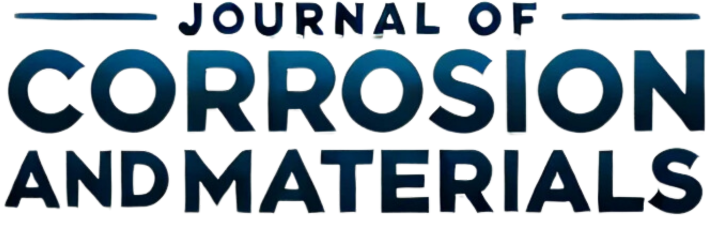At the “Journal of Conversion and Materials,” we are dedicated to upholding the highest standards of publication ethics. Authors, reviewers, and editors are expected to adhere to the following ethical guidelines to ensure the integrity, credibility, and transparency of the research dissemination process.
For Authors:
Originality and Plagiarism:
- Authors should ensure that their work is entirely original and acknowledge the works of others appropriately. Plagiarism, in any form, is unacceptable.
Authorship:
- All individuals who have made significant contributions to the research should be listed as authors. Proper acknowledgment of the contributions of others should be provided.
Data and Results Accuracy:
- Authors are responsible for the accuracy and integrity of the data presented in their manuscripts. Fraudulent or knowingly inaccurate statements constitute unethical behavior.
Multiple, Redundant, or Concurrent Publications:
- Authors should not submit the same manuscript to more than one journal concurrently. Submitting the same work to multiple journals simultaneously is considered unethical.
Acknowledgment of Funding Sources:
- Authors should disclose all sources of financial support for their research and declare any potential conflicts of interest that may influence the interpretation of the research.
For Reviewers:
Objectivity:
- Reviewers should conduct reviews objectively, providing constructive feedback while avoiding personal criticism. Any conflicts of interest should be disclosed.
Confidentiality:
- Reviewers should treat the manuscript as confidential material and not use information obtained during the peer-review process for personal advantage.
Timeliness:
- Reviewers should complete their reviews in a timely manner. If unable to meet the deadline, reviewers are encouraged to inform the editorial office promptly.
For Editors:
Fair and Impartial Handling:
- Editors should evaluate submitted manuscripts based on their academic merit without discrimination. Decisions should be made impartially, avoiding conflicts of interest.
Confidentiality:
- Editors and editorial staff should ensure the confidentiality of the review process and not disclose information about the submitted manuscripts to anyone other than the corresponding author, reviewers, and the publisher.
Addressing Misconduct:
- Editors are responsible for addressing allegations of research misconduct promptly and fairly, conducting necessary investigations, and taking appropriate corrective actions.
We are committed to promoting responsible research practices and maintaining the highest ethical standards in scholarly publishing. Any concerns regarding ethical breaches should be reported to the editorial office for prompt investigation and resolution. The “Journal of Conversion and Materials” is dedicated to fostering a culture of integrity, transparency, and accountability in the pursuit of knowledge.
